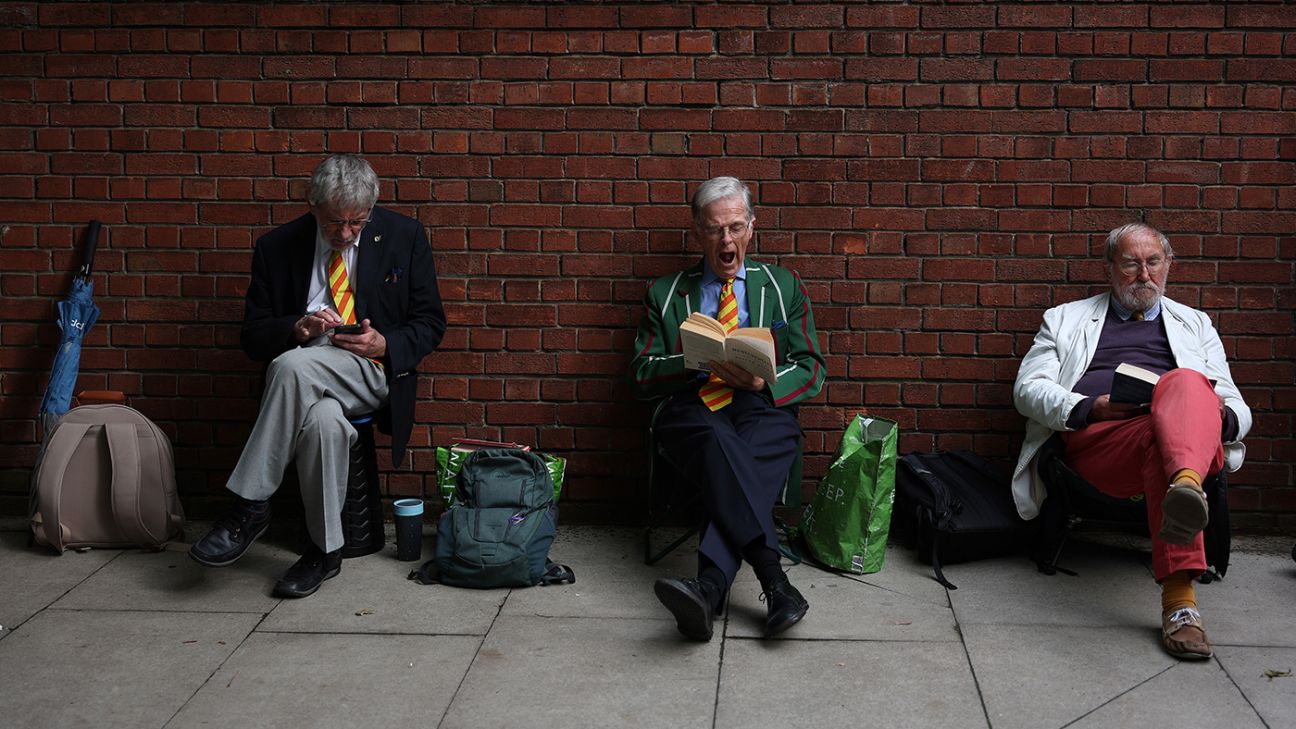Cricket
Lord’s non-event highlights global game’s growing crisis

The great and the good were gathered in the Long Room last Friday, drawn together by the landlords of Lord’s, Marylebone Cricket Club, for the inaugural World Cricket Connects symposium.
If it wasn’t Greg Barclay, ICC’s chairman, being quoted as “highlighting the unsustainable pace of the current cricket calendar”, it was Manoj Badale, Rajasthan Royals’ owner, cautioning that the sport must be “relevant and accessible to the next generation”. Andrew Strauss, former England captain and allround ECB grandee, believes that “growth should be a priority”; Mike Baird of Cricket Australia advocates “learning from other sports’ marketing and grassroots investment strategies”.
All of which, and more, was a lot of hard yakkity-yakka to fit into one day’s chat, although that is not to denigrate the effort or the enterprise that went into organising such a gathering in the first place: “All good things start with rhetoric,” as a former ECB executive once told me in relation to cricket’s racism crisis, the point being that gathering in a room to exchange platitudes is probably an improvement on not gathering in a room at all.
But in throwing open its opulent doors to the (mostly) men who control the purse-strings, Lord’s couldn’t help but frame itself rather as Davos does each year in inviting a bunch of plutocrats to pontificate on the climate crisis. All the while, the world burns with increasing vigour, as West Indies have spent the past two days proving in their own increasingly forlorn traipses through that same Long Room.
For this week, we have again witnessed what happens when sport is reduced to mere product. West Indies versus England at Lord’s has been an obligation to economics rather than an essential stirring of the soul, and with the best part of three days’ worth of refunds in prospect, it’s been spectacularly unsuccessful on that front too.
Ah yes… Brisbane. Maybe, just maybe, West Indies can bounce back at Trent Bridge next week, just as they did after their ten-wicket drubbing at Adelaide in January; just as they did at Headingley in 2017, after a similarly sickening loss at Edgbaston. But even if they can, it’ll prove nothing other than the superhuman resilience of the men who make it happen. No team in elite sport should be expected to perform miracles simply to stay competitive.
For if this is the look and feel of Bazball 2:0 – the “refinement” of which Brendon McCullum spoke after India, then caveat emptor for the rest of the summer. Speaking before the Test, Stokes was audibly exasperated when it was put to him that England’s failure to get over the line in their last three Test series might put a new emphasis on winning at all costs, but nothing about the way they’ve gone about this contest would debunk that notion.
Does any of this matter to the men who call the shots, or is Lord’s just a happy backdrop for gatherings of the rich and famous? Among them in the Mound Stand today, as it happens, was Jacob Rees-Mogg, the recently ex-MP who is presumably familiar with hollowed-out husks of once-proud institutions. As with last week’s Long Room event, the glut of popped corks that littered the outfield by the close of play told a story of greater contentment than the state of play should warrant.
Andrew Miller is UK editor of ESPNcricinfo. @miller_cricket










